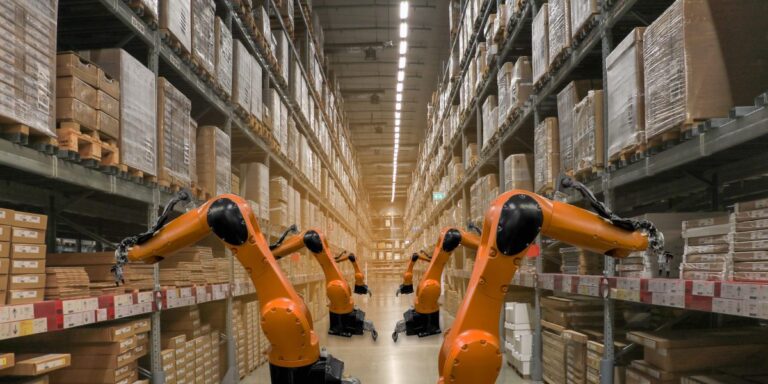
More and more American companies are poised to enable task automation using artificial intelligence.
According to a survey of financial directors Plans to use AI in the coming year are growing, according to Duke University’s Fuqua School of Business and the Federal Reserve Banks of Richmond and Atlanta.
Certainly, companies have been automating work for generations, and the survey indicates that 60% of companies plan to use software, hardware and/or other technology in the next 12 months to automate tasks performed by employees. That’s little changed from the 59% who said their company had automated tasks in the previous 12 months.
But when asked specifically about the use of AI, the answers indicate a tipping point. Among companies planning to automate in the next 12 months, about 54% said they would use AI tools to automate tasks performed by their employees, while 27% said they would not. not.
This is almost the opposite compared to the 37% who used AI to automate in the previous 12 months and the 60% who did not.
“CFOs say their companies are leveraging AI to automate a multitude of tasks, from paying suppliers, invoicing, purchasing, financial reporting and optimizing facility utilization,” said John Graham , professor of finance at Duke, academic director of the survey, in a press release. “This is in addition to companies using ChatGPT to generate creative ideas and write job descriptions, contracts, marketing plans and press releases.”
Large companies are leading the rush to AI, with 76% saying they will use it to automate in the coming year. This is an increase from 55% who used AI in the previous year.
However, small businesses are also getting in on the act, with 44% saying they will use AI to automate tasks in the next 12 months, compared to 32% who will not and 29% who say they will. during the previous 12 months.
The survey does not necessarily suggest that companies will completely replace human workers with AI, given that employees multitask as part of their jobs.
But it suggests that AI skills will be increasingly important in the workplace, perhaps sooner than many think.
LinkedIn co-founder Reid Hoffman told CNN that in three to five years, humans will probably have a “co-pilot agent” who will help them in their tasks.
“It’s a transformation of work. Human jobs will be replaced, but they will be replaced by other humans using AI,” he added. “The idea is to be the human using the AI, to learn it, to do it, to make it happen.”
But in the longer term, the impact of AI on the labor market could be greater.
Earlier this year, venture capitalist Kai-Fu Lee reaffirmed his prediction from 2017, when he said AI would replace 50% of human jobs over the next decade.
At the Fortune Innovation Forum in Hong Kong in March, Fortune editor-in-chief Alyson Shontell asked him if the timeline was still valid.
He replied: “It’s actually eerily accurate. I was criticized for being too aggressive in 2017, 2018, 2019, and I was a little nervous at the time. But when the AI generation came along, I think everyone jumped on the bandwagon and thinks this is the right pace.


